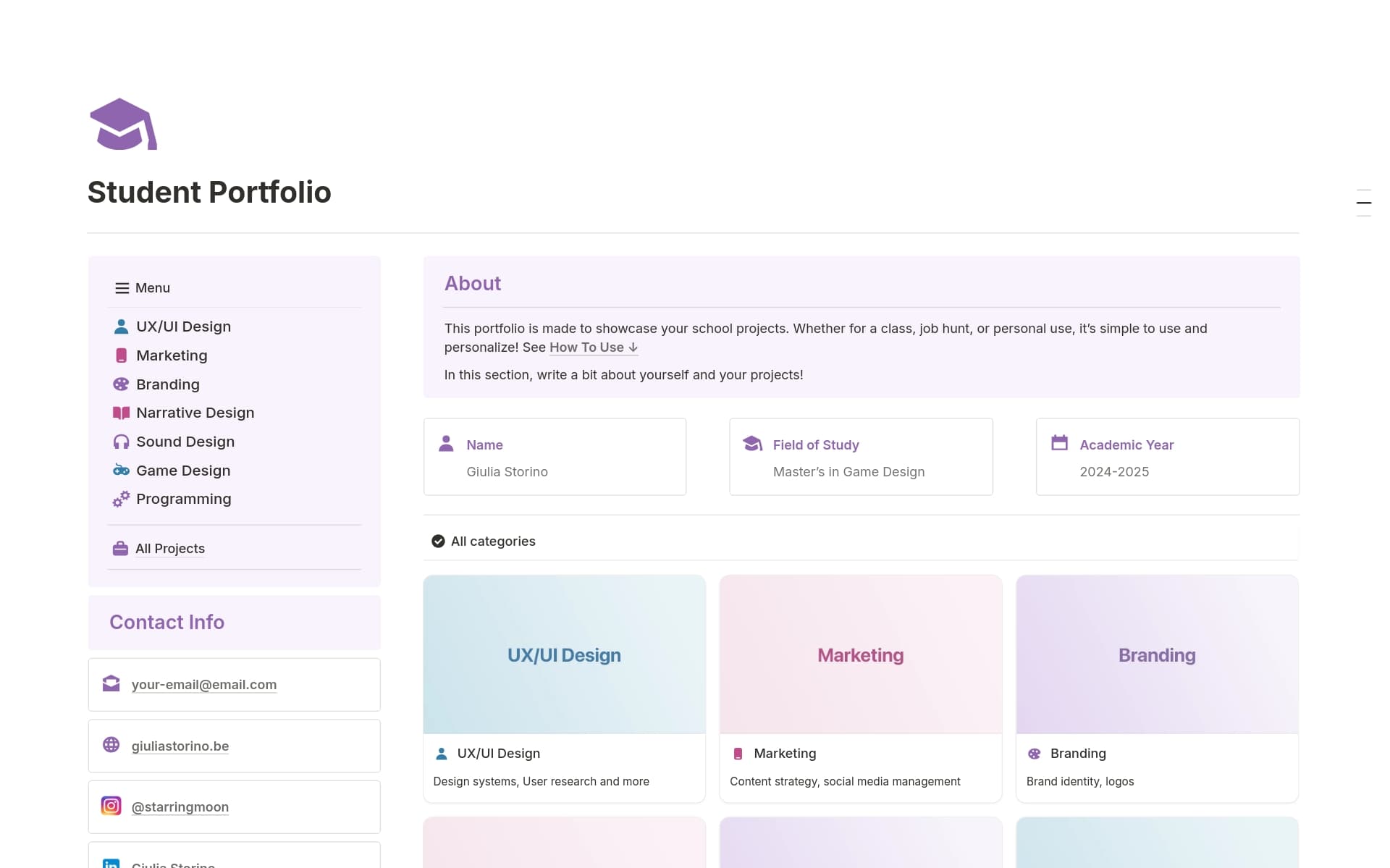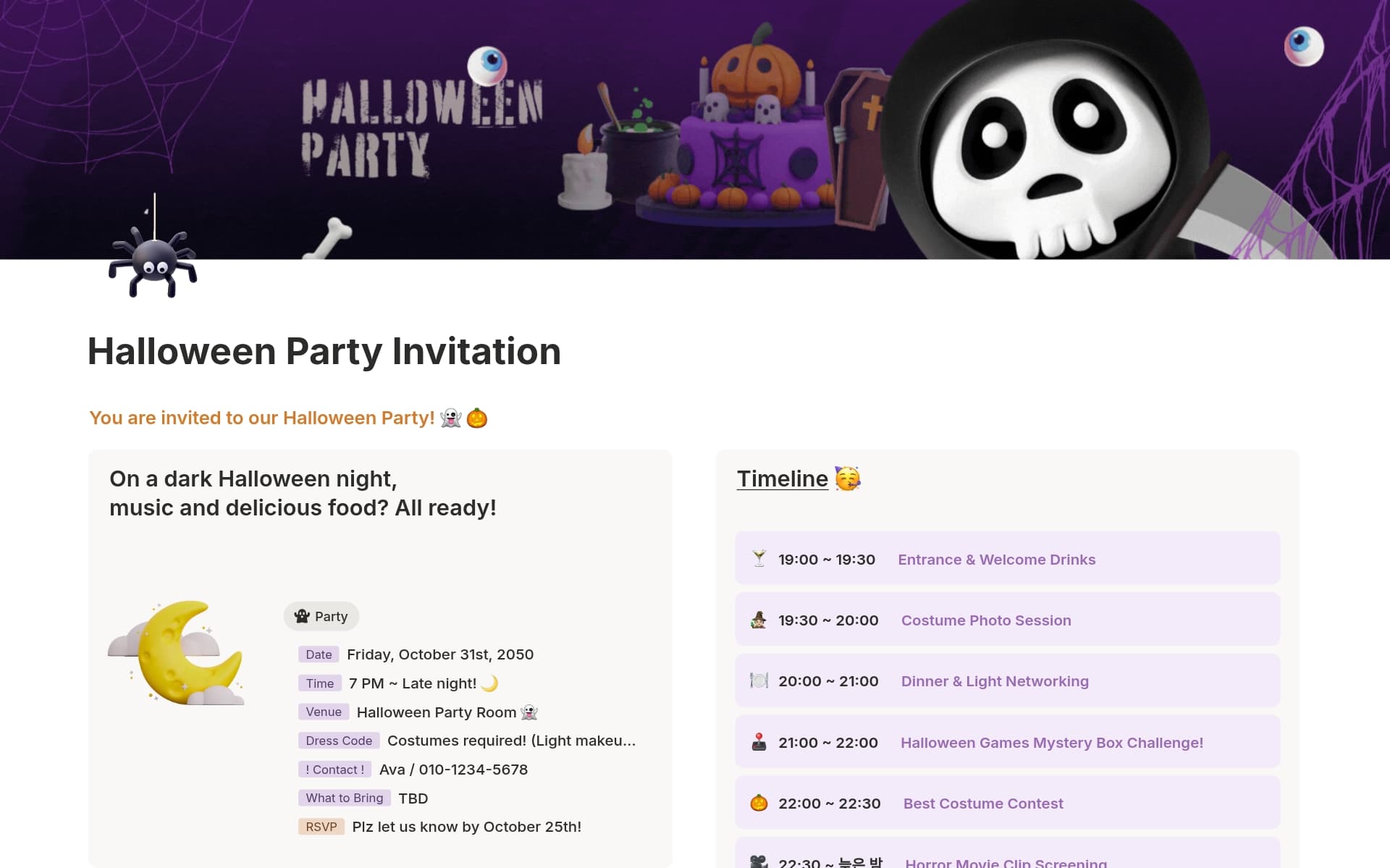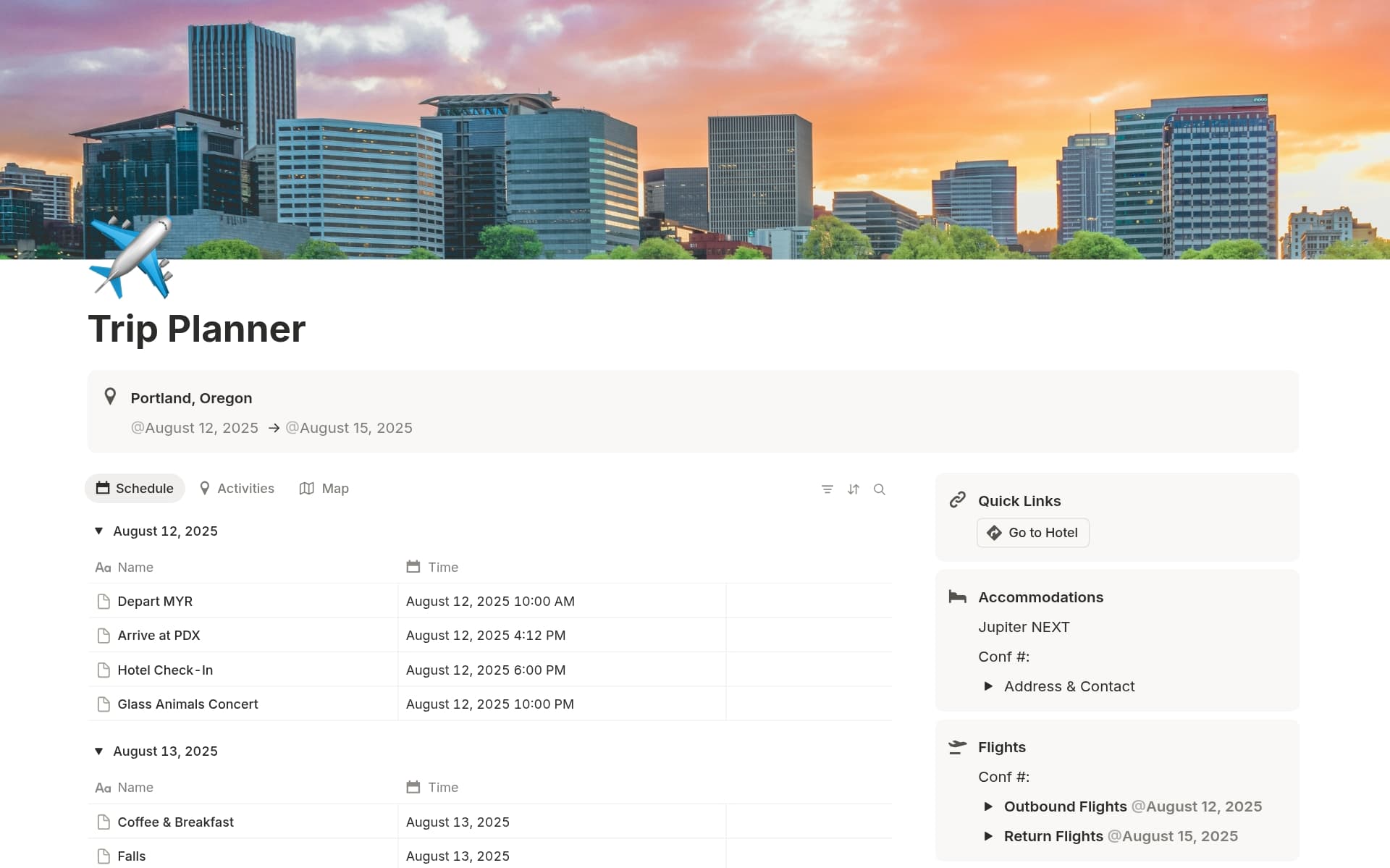User Research supports product strategists by enabling them to understand their users' needs, behaviors, and motivations, leading to more informed decision-making and product development strategies. A User Research template in Notion can streamline the organization, execution, and analysis of user research activities, ensuring that insights are effectively integrated into product planning and development processes.
Before you get started in creating your own User Research template, consider exploring these User Research templates below. They're designed to simplify the research process, making it easier for you to gather and analyze user data.
What Should User Research Templates Include?
Choosing the right User Research Template is crucial for gathering actionable insights effectively. Here are key components to look for in a high-quality template:
Demographic Information - This section should allow you to record age, gender, location, and other relevant demographic data to understand who your users are.
User Goals and Challenges - A good template will help you capture the user's objectives and the obstacles they face, providing a clear picture of user needs.
Usability Metrics - Ensure the template includes fields for usability metrics like success rate, error rate, and time to complete tasks, which are vital for assessing product interaction.
Feedback Collection - It should have a structured format for collecting both qualitative and quantitative feedback directly from the users.
With these components, a User Research Template becomes a powerful tool for understanding user interactions and improving product strategies.
What Should User Research Templates Avoid?
Choosing the right User Research template is crucial for effective product strategy development. It's important to know what elements can hinder your research process and should be avoided.
Overly Complex Structures: Templates with too many layers and subcategories can confuse and detract from the main research objectives. Simplicity fosters clarity and focus.
Fixed, Non-Customizable Fields: Avoid templates that do not allow modifications. Each project may have unique needs, and flexibility in data entry is key to adapting to these requirements.
Generic, Non-Targeted Questions: Templates should avoid one-size-fits-all questions. Specific, tailored questions generate more insightful and actionable responses.
Remember, the best templates are those that streamline the research process without compromising the depth and quality of insights gathered.




